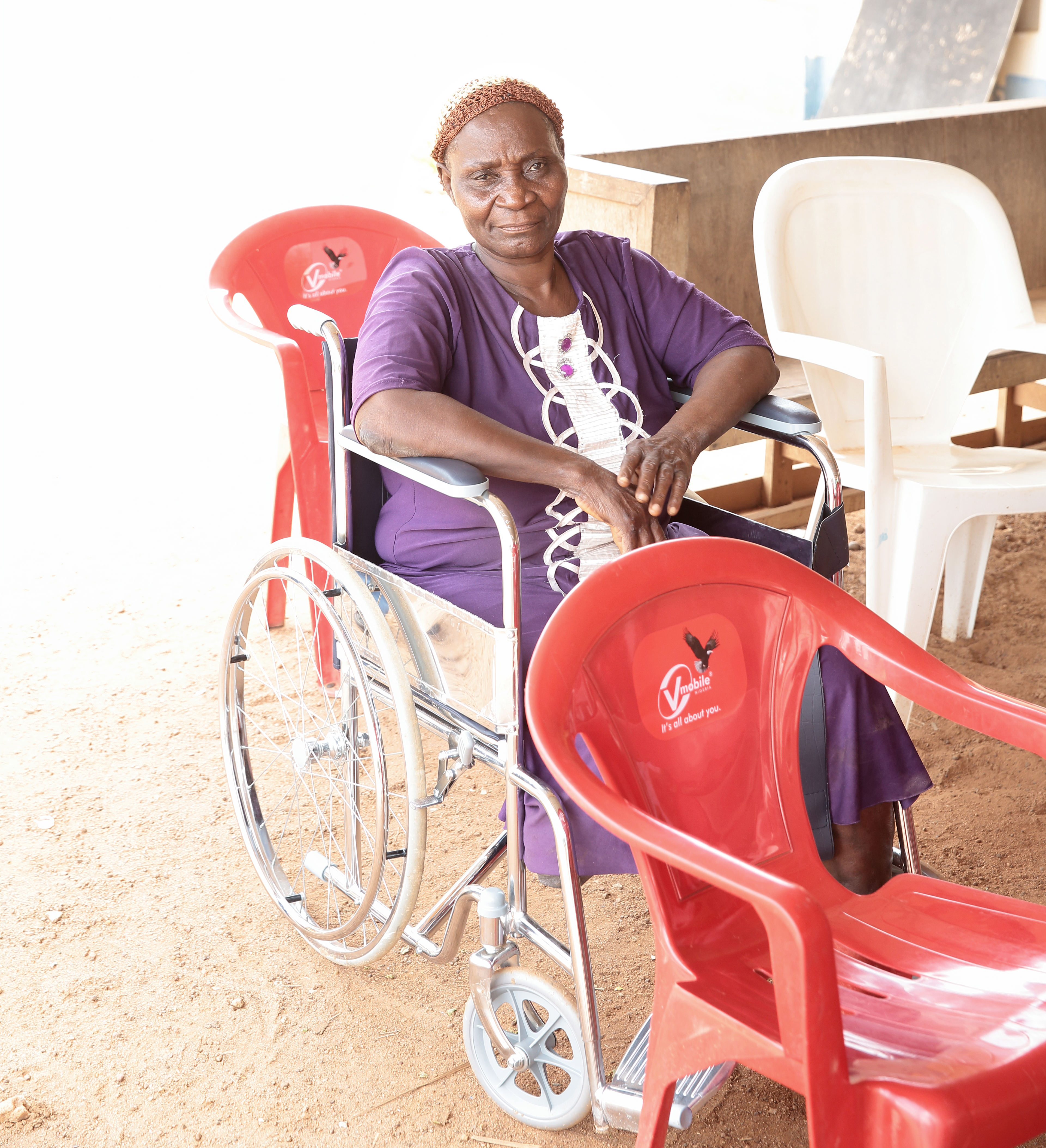Today is the International Day of Persons with Disabilities. The precise title of the day is important. It represents a progressive move in language and understanding: no person is fundamentally ‘disabled’. There are, more correctly, ‘persons with disabilities”. There are many things I can’t do. To start that list, let’s just say any sport that requires hand-eye coordination, anything requiring precision, most creative things… Yet, society does not define me by the things I can’t do. Why should anyone be defined by what they can’t do? It’s important, in recognising the physical challenges some face, that we use the phrase “person with disability” rather than the label “disabled”. Careful use of language marks the difference between a person’s ability (‘with disabilities’) and identity (‘disabled’). We might want to be sensitive to this in our everyday language. We ought never to define someone by what they can’t do. That robs them of their dignity.
Similarly, we ought never to define someone by an illness from which they suffer or are affected. Traditionally, people affected by leprosy were referred to as “lepers”. Over time, the word came to be understood as an undesirable, an outcast, an unwanted person. The word made its way into the English language as a negative, unpleasant description. Nowadays, those of us involved in the global fight against leprosy use the phrase “people affected by leprosy”. We hope it upholds their human dignity while recognising the particular challenges they face. If only the old, negative, word could be erased from everyday vocabulary, particularly in the media.
People affected by leprosy face their own particular challenges. Many of them can, without doubt, be described as “people with disabilities”. However, they are far from disabled. I have stood in awe of the countless men, women and children I have met who, despite enormous social, mental, physical, economic and spiritual challenge associated with leprosy have overcome with awe-inspiring dignity. I recently had the pleasure of compiling their stories in a book called “Where Hope and Dignity Meet”. [1] The title, I think, says it all. Maybe, over the next few weeks you might let me share some of their stories with you.
[1] Where Hope and Dignity Meet. Available from Leprosy Mission Ireland. Email: info@leprosymission.ie for details.

Comments:
Hmm it appears like your blog ate my first comment (it was extremely
long) so I guess I’ll just sum it up what I wrote and say,
I’m thoroughly enjoying your blog. I as well am an aspiring blog blogger but I’m still new to the whole thing.
Do you have any helpful hints for inexperienced blog writers?
I’d definitely appreciate it.